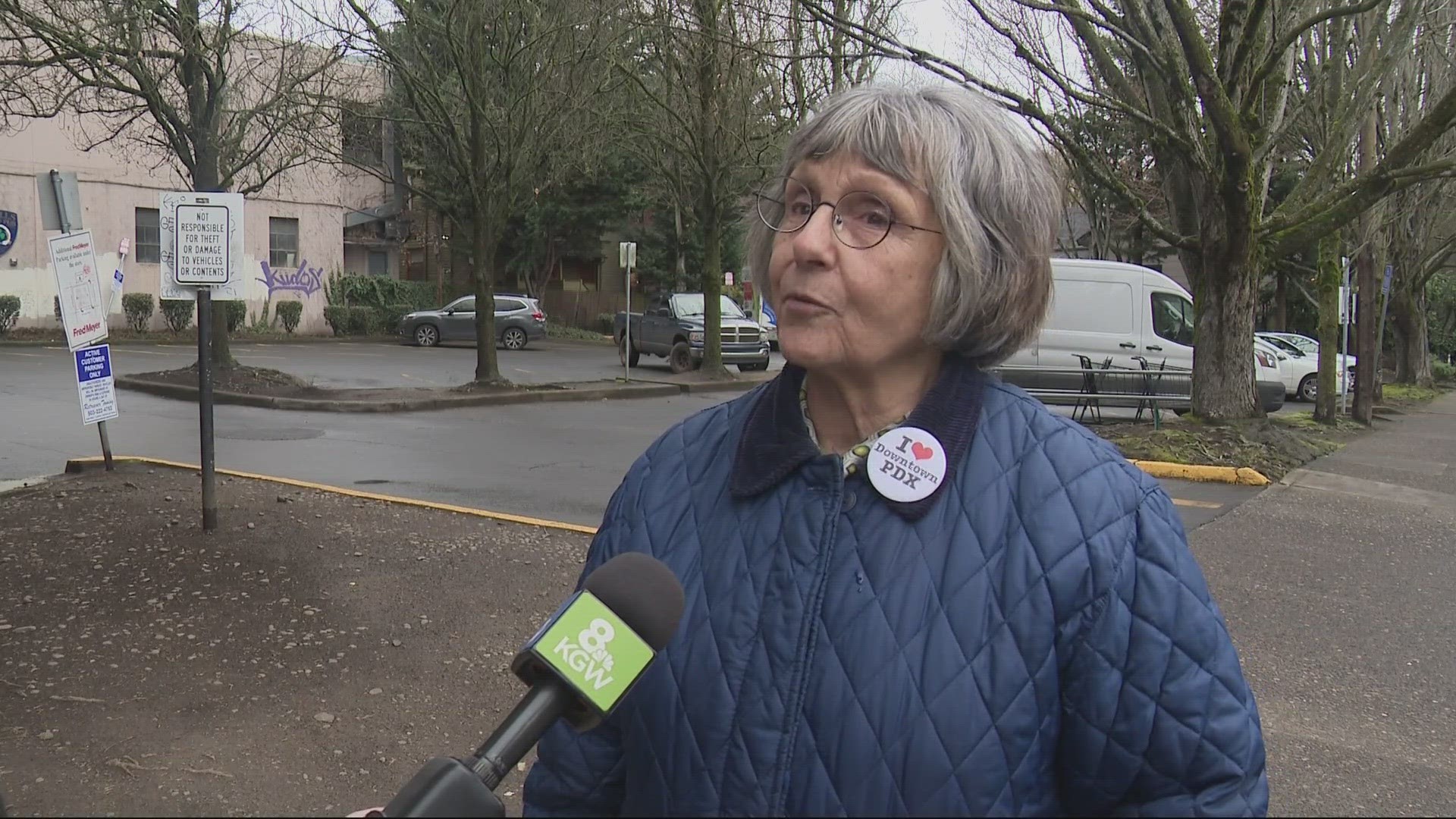PORTLAND, Ore. — The Federal Trade Commission is suing to block the proposed $24.6 billion merger of grocery store chains Albertsons and Kroger, and Oregon Attorney General Ellen Rosenblum announced Monday that the nationwide lawsuit will be filed in the U.S. District Court in Portland, with Oregon and eight other states joining the federal agency's complaint.
Kroger announced its intention to acquire Albertsons in October 2022, and the proposed merger quickly drew scrutiny and pushback in the Pacific Northwest, where each chain occupies a large share of the grocery store market; Albertsons owns Safeway and Kroger owns Fred Meyer and QFC. Rosenblum previously filed a brief in support of a separate lawsuit brought by Washington State to block Albertsons from paying a $4 billion dividend to its shareholders ahead of the merger.
"If big grocery stores are allowed to reduce competition this way, they can charge higher prices for food for no good reason and reduce services, including in their pharmacies," Rosenblum said in a statement. "They can also slow the growth of employees’ wages, or even reduce some of those wages. Working conditions and employee benefits can suffer, as well. In short, there’s no good for consumers or workers in this proposed merger — and lots of bad."
The FTC lawsuit will argue that the proposal violates U.S. antitrust law, Rosenblum said in a news conference Monday morning, specifically the federal Clayton Act, which prohibits mergers that would substantially reduce competition. The FTC and the states are seeking a preliminary injunction to block the merger nationwide.
Asked about the FTC's decision to file the national case in Portland, Rosenblum said she thought the district court in Portland has the experience to deal with the case efficiently, and that Oregon has a local history of dealing with the impacts of grocery store mergers due to the 2015 merger of Albertsons and Safeway.
"We don't want to repeat that history again," she said.
Washington and Colorado have filed their own challenges to the merger under state antitrust laws, but Rosenblum said Oregon has worked closely with the FTC during the investigation and is confident that pursuing the case under the Clayton Act is the best approach. If the federal lawsuit fails, Oregon could still explore filing its own state-level challenge, she added.
The two companies collectively operate 176 grocery stores in Oregon and employ 28,000 Oregonians, Rosenblum said; Albertsons has 96 Safeway stores and 25 Albertsons stores, and Kroger has 51 Fred Meyer and four QFC stores. Nationally, Kroger operates 2,750 stores in 35 states and Albertsons operates 2,273 stores in 34 states, according to the Associated Press.
Rosenblum referred to the two companies as the two largest grocery store operators in the United States, although the companies have argued that the merger is necessary to compete with bigger retailers. Albertsons and Kroger together would control about 13% of the U.S. grocery market, according to the Associated Press, compared with about 22% controlled by Walmart.
Local union support
The Oregon and Southwest Washington arm of the United Food and Commercial Workers union, UFCW Local 555, has come out in support of the merger, although that decision puts it at odds with both the national union and several other local branches including UFCW Local 3000 in Washington.
As part of the deal, Kroger has pledged to sell off hundreds stores in areas where the two companies directly compete, and UFCW Local 555 said it decided to support the merger after meeting with the proposed buyer of those divested stores, C&S Wholesale Grocers.
Albertsons was purchased by an investor group led by private equity firm Cerberus Capital Management in 2006, and although the grocery company went public in 2020, Cerberus still owns about 30% of its stock and controls its board of directors, according to The New York Times. UFCW Local 555 argued that Cerberus is determined to sell the grocery chain, so a buyout by Kroger with some stores divested to another grocery company is the best available outcome.
"Forcing Cerberus to continue to own Albertsons isn't an option," UFCW Local 555 vice president Ann Poff said in a Feb. 19 statement. "If they don't sell to Kroger, it will be someone else. Our members would rather work for people who run grocery stores over online or big box retailers."
Asked about the local support on Monday, Rosenblum said she respects UFCW Local 555's position, but she noted that the local branch is at odds with the national union and said that the state and federal investigation showed that the merger would present a risk to grocery workers both in Oregon and nationally.
"Companies that merge make big promises all the time about retaining workers, but as we've seen in many cases, including in the commission's ongoing case against Microsoft's purchase of Activision, those promises tend to go out the door once the deal closes, and hundreds of workers are laid off," she said.

